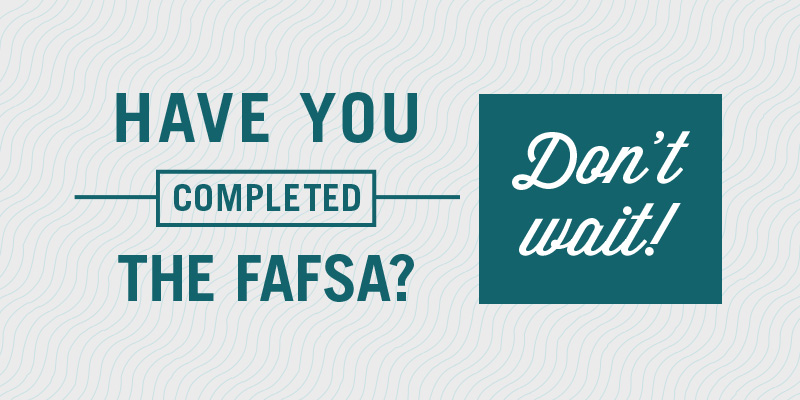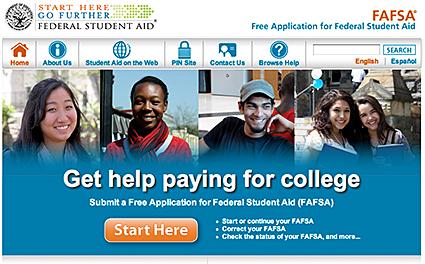
The Elks National Foundation will award 500 four-year scholarships to the highest-rated applicants in the 2017 competition.
- Any high school senior who is a citizen of the United States is eligible to apply.
- Applicants need not be related to a member of the Elks.
- College students are not eligible to apply.
- Applicants must be citizens of the United States on the date their applications are signed; permanent legal resident status does not qualify.
- Male and female students compete separately.
The 2017 Most Valuable Student scholarship contest is open to any high school senior who is a US Citizen. Applicants will be judged on scholarship, leadership, and financial need. Applications for the 2017 contest will be available online starting September 1, 2016. The 2017 MVS application deadline is November 30, 2016.
From April 6-9, 2017 the 20 top finalists will participate in an all expenses paid Leadership Weekend in Chicago during which they’ll interview with the national judges. These 20 finalists will be vying for two first-place awards of $50,000; two second-place awards of $40,000; and two third-place awards of $30,000. The remaining 14 finalists will receive awards of $20,000. The 480 runners-up will receive fifth-place scholarships of $4,000. Click here to read all about the 2016 MVS Leadership Weekend held in Chicago.
Click here for a list of Most Valuable Student scholarship application frequently asked questions.
The Chicago office of the Elks National Foundation will announce the 500 national winners, and notify them in writing, by late April 2017. (Many local Lodges, districts and state Elks associations award their own scholarships through this program. These scholarships are not to be confused with the 500 Elks National Foundation Most Valuable Student Scholarships.)
Ranging from $1,000 per year to $12,500 per year, Most Valuable Student scholarships are for students pursuing a four-year degree, on a full-time basis (minimum of 12 semester hours), in a U.S. college or university. All scholarships are in the form of certificates of award conditional upon the full-time enrollment of the winner in an accredited U.S. college or university.
The Elks National Foundation is proud to present its 2016 class of Most Valuable Student Scholarship Recipients. Click here to see the full list of winners.
2017 Most Valuable Student Award Offers
500 Four-Year Awards for the
2017-18, 2018-19, 2019-2020, 2020-21 Academic Years |
|
Four-Year Total Award |
No. of Awards |
Total |
| First Place |
$50,000 |
2 |
$100,000 |
| Second Place |
$40,000 |
2 |
$80,000 |
| Third Place |
$30,000 |
2 |
$60,000 |
| Fourth Place |
$20,000 |
14 |
$280,000 |
| Runners Up |
$4,000 |
480 |
$1,920,000 |
| Total: |
$2,440,000 |
Looking for other Elks scholarship options? Learn about Legacy Awards and Emergency Educational Grants.
Questions? Email Scholarship@elks.org or call 773/755-4732






